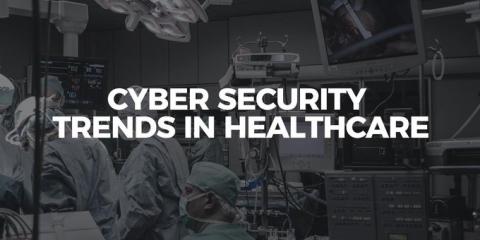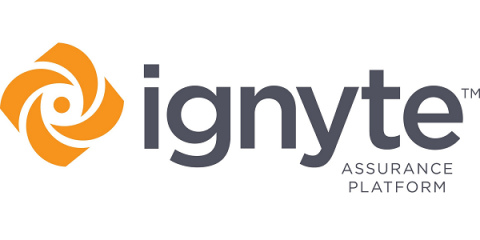Security | Threat Detection | Cyberattacks | DevSecOps | Compliance
Healthcare
How hospitals can secure patient data by equipping clinicians
Healthcare breaches continue to be featured in the news. Hospitals continue to be ideal targets for hacking and other cybersecurity threats. This is evidenced by the increasing number of cyber attacks, including sophisticated ransomware attacks on hospitals. Many hospitals are beefing up their technologies and infrastructure to address the threat of cyber attacks. But they are neglecting a major weak link in data security: the clinicians.
Cyber Security Trends in Healthcare
The healthcare industry is one where the mission is very straightforward – empower people to live with the highest quality of life possible for them. This means keeping lives safe and secure, all while armies of cyber criminals are working diligently to do the opposite.
6 Reasons you Should Consider an Annual Penetration Testing Especially in Healthcare
Breaches are widely observed in the healthcare sector and can be caused by many different types of incidents, including credential-stealing malware, an insider who either purposefully or accidentally discloses patient data, or lost laptops or other devices. Personal Health Information (PHI) is more valuable on the black market than credit card credentials or regular Personally Identifiable Information (PII).
Top 7 Healthcare Cybersecurity Frameworks
Today, the healthcare industry has become prone to cyber-attacks, just like in any other sector. One notable fact within all those fields is the similarities in existing as well as emerging threats. At the same time, there is an increasing need for organizations to reassure their customers and regulators that their networks and systems have incorporated adequate security measures. One way of achieving this goal includes complying with various recognized security standards and frameworks.
What is HiTrust Pay?
Compliance with the Health Insurance and Portability Act (HIPAA) initially appears to apply only to the healthcare industry. However, HIPAA also requires healthcare provider business associates to maintain security and privacy controls over protected health information (PHI) and electronic PHI (ePHI). For payer organizations, this requirement means aligning data security protections to HIPAA.
What You Need to Know About Secure Mobile Messaging in Healthcare
With the majority of people using smartphones these days, texting is all but a given when trying to communicate with your friends or family. But what about your doctor? A recent study determined that 96 percent of physicians use text messaging for coordinating patient care. This can raise eyebrows and red flags.
Let's Chat: Healthcare Threats and Who's Attacking
Healthcare is under fire and there’s no sign of the burn slowing. Look, it’s no secret that hackers have been targeting hospitals and other healthcare providers for several years — and probably no surprise that healthcare is one of the top target industries for cybercrime in 2018. In the US alone, in fact, more than 270 data breaches affecting nearly 12 million individuals were submitted to the U.S. HHS Office for Civil Rights breach portal (as of November 30, 2018).
A HIPAA Compliance Checklist
Maintaining security and compliance with HIPAA, the Health Insurance Portability and Accountability Act, is growing ever more challenging. The networks that house protected health information (PHI or ePHI) are becoming larger and more complex — especially as organizations move data to the cloud. At the same time, security professionals are faced with an evolving threat landscape of increasingly sophisticated threat actors and methods of attack.







